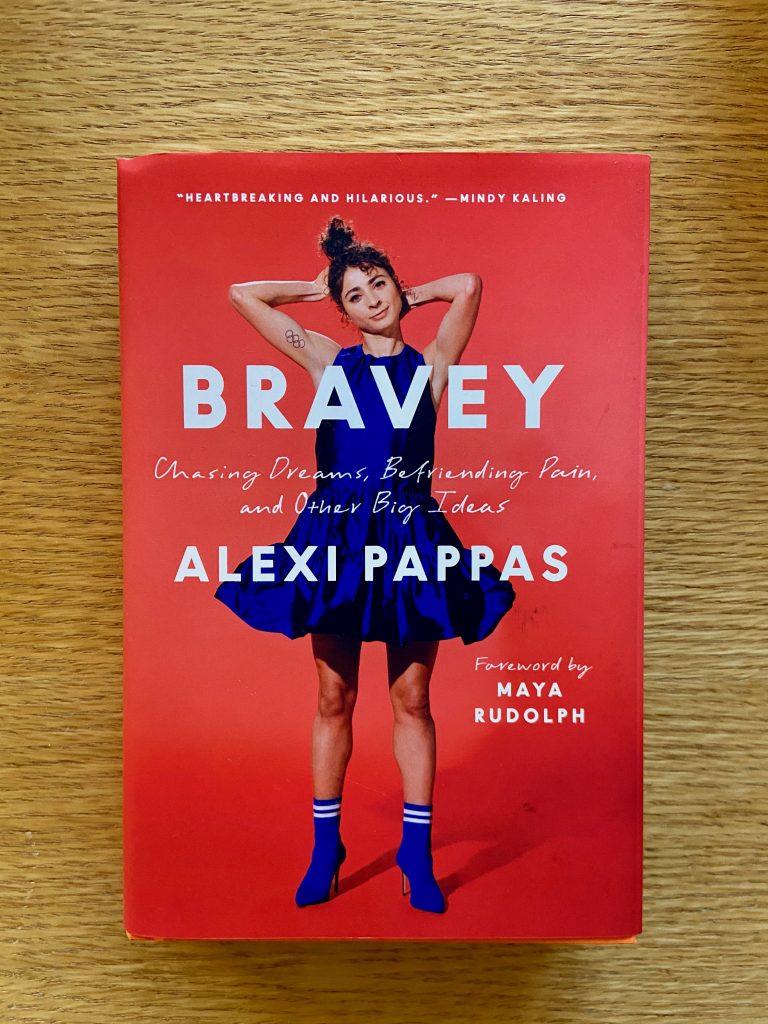
Alexi Pappas is an Olympian runner, actress, author of the new inspiring memoir Bravey, and one of the best role models out there. And it’s not necessarily because she’s so accomplished. She’s important to me, a college runner myself, because she’s actively changing the way people approach mental health in sports, specifically track and cross country for girls.
In between her marathon training updates on instagram, where she eats spoonfuls of honey before her long tempo runs and loaves of bread afterwards, Alexi writes fragments of wisdom, mini poems, alongside them.
For example, she encourages athletes (and people) to think of pain as a sensation, not a threat. Feeling good, she says, is also a sensation. Once you see pain as separate and normal (instead of something trying to sabotage you from the inside), it’s much easier to see it as something that doesn’t have to hold you back. That applies to emotional pain as well as physical pain, and is one of the central themes of her book.
My favorite Alexi concept is “replace can’t with maybe.” I’m a Division III college runner, and I have days where I feel like I just won’t be able to run a certain pace, or even go out for a run at all. But “can’t” is so dualistic. “maybe” presents an option. That’s much easier to tap into than “can” or “must,” both of which feel intimidating. If you “replace can’t with maybe,” you are more likely to do what you have to do because having options gives you the control instead of the task.
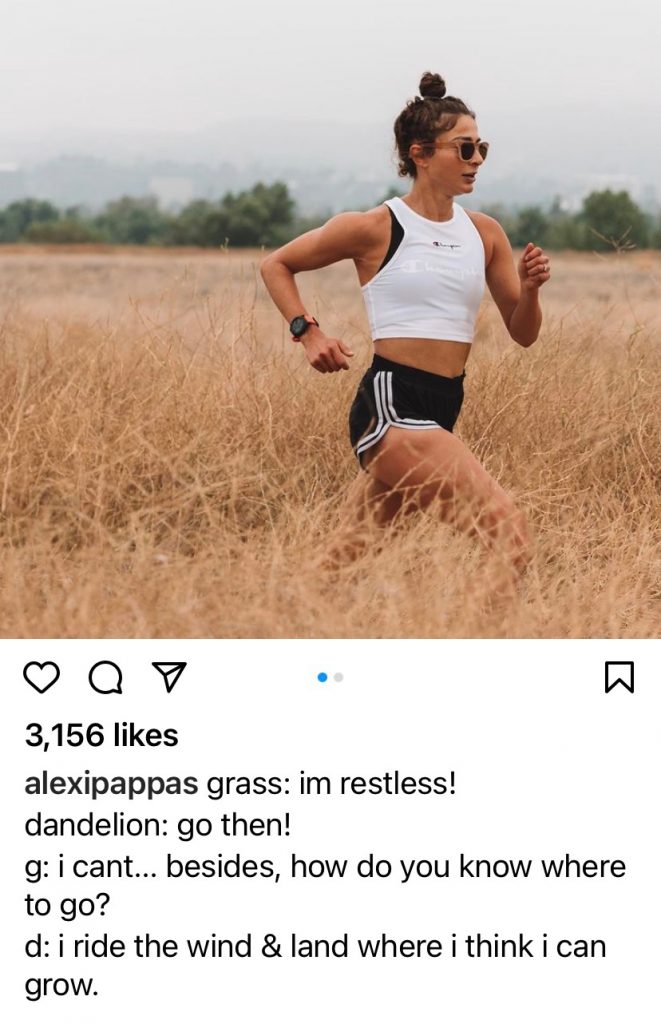
The other thing I really appreciate about Alexi is that she’s so open about her struggles — growing up without a mom, who she lost to suicide when she was four, and her battle with depression after competing in the 2016 Olympics. She reminds us that our hardships and achievements are not mutually exclusive and it’s reassuring to see that in a real-life superhero. I was so honored that I got the chance to ask her a few questions.
Phoebe: A lot of your philosophical trademarks and mantras (“replace can’t with maybe,” the idea of befriending pain, etc.) can be applied to life in general. Do you think running is the perfect metaphor for life? Is it harder for you to apply these bits of wisdom in life, or in running?
Alexi Pappas: Totally. I find that my philosophies on life apply just as much when I’m running as when I’m writing or pursuing any goal, really! Because no matter what dream we’re chasing, hopefully it’s something that makes us a little bit nervous in the good way. It means it’s something we aren’t certain we’ll get, which means it’s a dream worth pursuing. And whenever we’re going after a goal where the outcome is uncertain, it is key to replace can’t with maybe and expect that challenging times will come — but also expect that we’ll be able to push through the “pain” whether it’s physical pain or just any other kind of challenge.
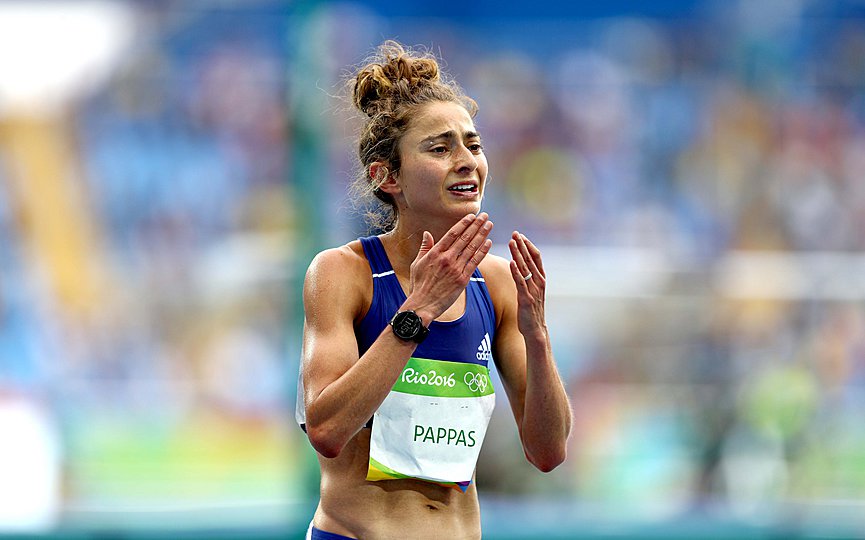
AP: I also think that running, at its core, is super simple, in that we can give ourself the goal of simply trying our best (which means something different each day), and that will take us farthest. It has also taught me how to “fall down” and get back up– and to understand that losing is a normal step along the path to our dreams.
PW: Whenever I tell people I run, they say “Ugh, how do you do that? I hate running.” I never know how to respond to that. The answer seems obvious to me, but I don’t know what to say. Do you get that question, too? And if so, how do you respond to it?
AP: First! On a personal level, it’s helpful to remember that if you’re feeling negativity from someone else when you’re in the act of pursuing a goal — in this case, running — it is never about you. Not everyone is ready to chase their own dreams, for any number of reasons, and sometimes they can have a knee-jerk reaction to be a little bit mean or defensive when they see someone else chasing theirs. And second! It might also be true that someone legitimately doesn’t like to run. We all have different things that replenish our willpower. But if they’re being rude about it, just remember: it is not about you and the best way to respond is with kindness. Perhaps sharing with them what you love about it will show them how they might come to love it (one day, maybe!) too. Also, I think some people think that running doesn’t “hurt” for everyone, but the truth is, it does hurt, it’s just your relationship with pain might be different than theirs. Perhaps you approach the pain of running as a kind of joy, because it means you are trying, and improving, and expect pain! Whereas someone else might think pain is always a bad thing.
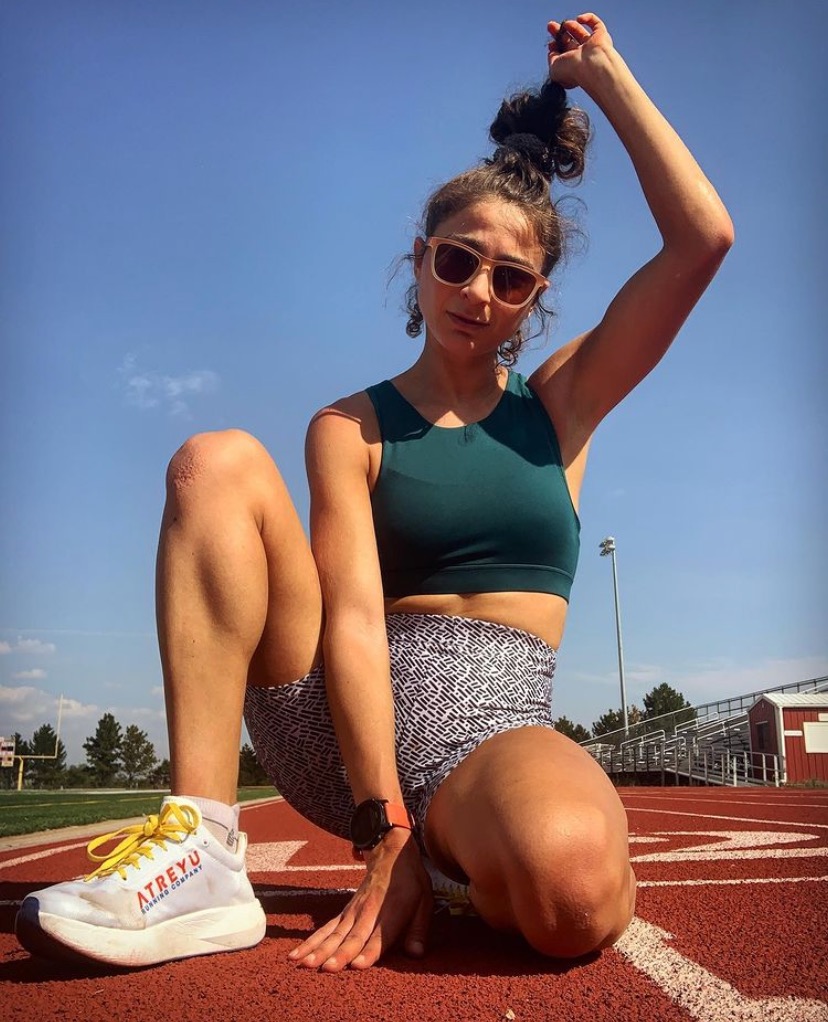
PW: I love running, but as a young woman in the sport, I’ve also struggled with the toxic aspects of it. Like a lot of girls, I’ve lost my period for long stretches, I’ve gotten injured, I’ve struggled to deal with expectations. If you were suddenly given the power to change anything you wanted, what would you change about running culture — particularly for girls? Do you have advice for how young runners can work to change the culture ourselves?
AP: I love this question, and I wrote about this exact topic in the chapter “Puberty Power” in Bravey. The main issue in our running culture is that boys and girls develop athletically on different timelines — girls, especially distance runners, take longer to develop healthily — but the high school and college system rewards early development more. Which means that girls might put pressure on themselves (or feel pressure from someone outside) to push their bodies when they are still going through puberty, and the result is missed periods, lack of growth, and increased vulnerability to injury. I was forced to take time away from running during my senior year of high school, which was devastating at the time (more on that in the book!), but I’m so glad I had that year to develop a normal healthy female body. In terms of changing the culture, I think the best thing to do is to talk openly about these issues — if you have been missing your period, for example, make sure your coach and doctor know. I hope that in the future, puberty is seen as a superpower, rather than a hurdle!
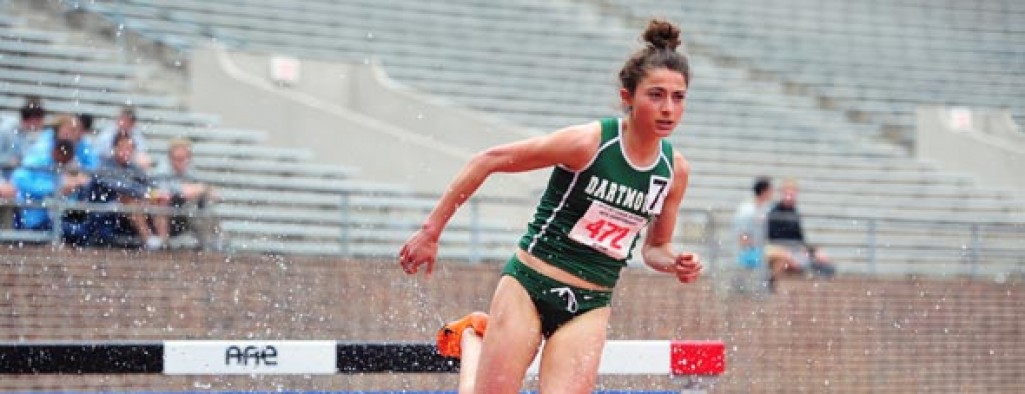
PW: There is a lot of pressure on young runners. What worked for you when you were in high school and college to help you deal?
AP: I think having a balanced life helped mitigate the pressure of being a high school and college athlete. I had a vibrant social life and I was involved in other completely non-athletic clubs and activities. You can’t train 24 hours a day, and recovery can mean more than just not running. Also, it helped me to share when I felt pressure, rather than hold it inside. I tried to tell my teammates or family about what I was feeling, and found that they either felt the same way, or they could help me see the pressure with amusement rather than bitterness. It’s not that the pressure goes away, but I felt differently about it. I felt like it was something I cared about, and saw how special that was, rather than feeling like I was about to let myself or someone else down. Pressure is simply opportunity and potential, if we choose to see it that way.
PW: How has your relationship to the sport changed over the years? What is the most valuable thing that running taught you? What was the hardest thing to learn?
AP: I believe that running is a sport that must grow with us and meet us where we are. For me, I think I was a bit of a late bloomer in running– it took finding a team I could enjoy the sport with to discover how I could love it. I thrived in team settings and particularly loved the track. However, my relationship changed year by year. For example, freshman year of college, I ran the mile and also valued the “social” aspects of college just as much as my running dreams. Over time, I not only moved up in distance (steeple chase and eventually the 5k and 10k), but I also decided to choose to put myself in positions to prioritize the running first. I emphasize the word choose because when I decided to sleep more, party less, etc, I tried to see it as a choice rather than a sacrifice. I think that simple but meaningful vocabulary shift was potent, because it framed how I approached the commitment: with positive energy and not negative bitterness. The most valuable thing running has taught me is that I can be a student of running, and of anything in life– talent is only one part of the equation. The hardest thing to learn is learning the difference between good pain and bad pain. Good pain is like when you’re pushing through the last few minutes of a long tempo run, while bad pain is our body telling us we might be bordering on an injury.
PW: Would you want your future daughter to participate in a sport? What do you think sports give to people, and young girls most of all?
AP: I would want my future daughter to participate in some kind of goal oriented, team building activity, like a sport. To be honest, my dad pushed me into trying all the sports I eventually came to love, so it wasn’t in my instinct to want to play sports. I think he knew that sports would keep me busy, always a good thing, and also teach me how to “fall and get back up.” Sports taught me that failing is a part of winning, it is inevitable, and it isn’t bad. I think sports teach us to reframe failure as growth. But I imagine my future kid might find that in running or might find it in another sport or activity. I’ll try to open the doors, but they will have to walk through!!
PW: Do you ever run with music? Why/why not? And if so, what do you listen to and why (I run with music and could use some recs)?
AP: I am a huge fan of running with podcasts! I love hearing other people talk while I run, especially people I admire. I feel like they’re keeping me company, and I absorb their positive energy just by listening to them. My main go-to has been David Chang’s podcast. I also love audiobooks!! I use music when I am doing a hard workout alone. My favorite music is a mixture of hip hop, Billie Eilish, Beach House, and lately, french pop music!
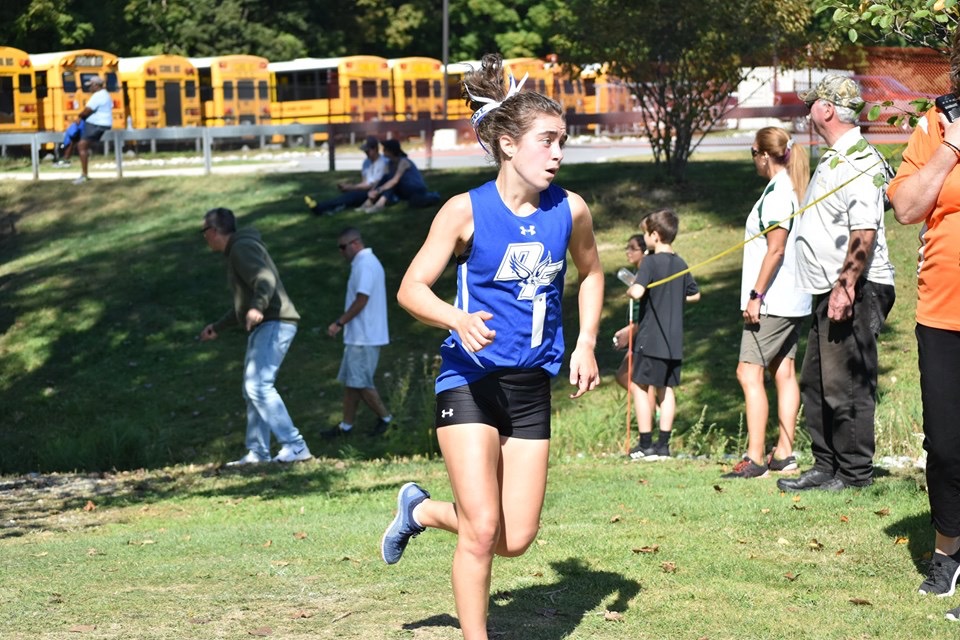
Congrats on your great book, Alexi! (And thank you, Phoebe, above, running XC in high school). You can find Bravey at Bookshop and on Amazon.
Subscribe to the Dinner: A Love Story newsletter to get posts delivered right to your inbox.

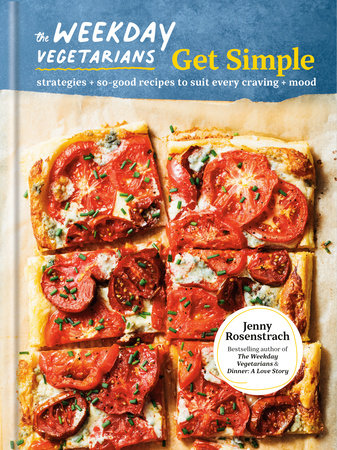
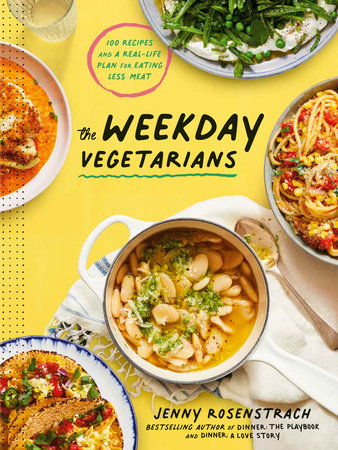
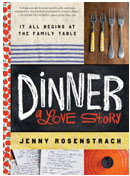
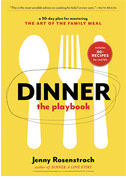

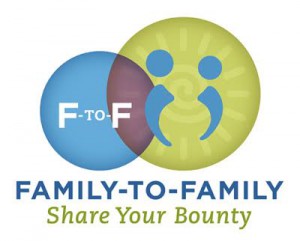
Loved this interview!!!
Great interview Phoebe!
What a fantastic interview. I have two sons who run (I do not), and it’s really revealing to hear this perspective. Thanks to you both for your time and thoughtful questions and answers. The good pain/bad pain idea is so intriguing.